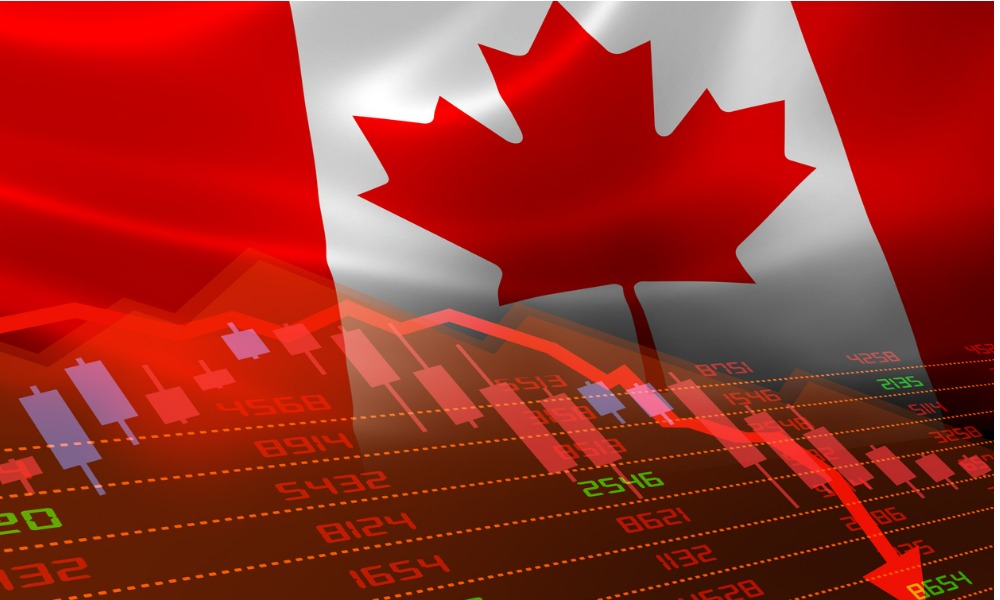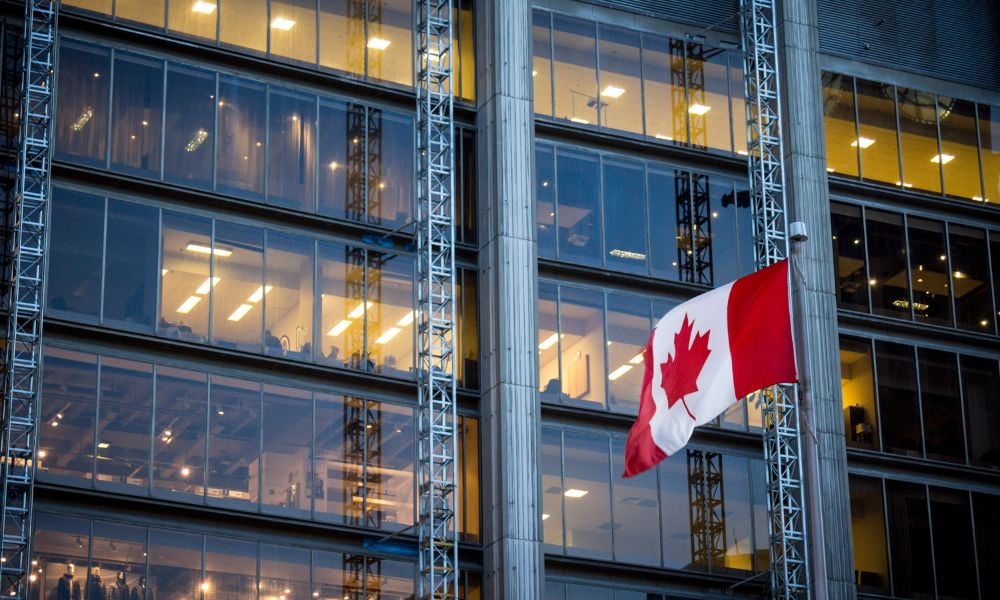Trade ruling paused, leaving Canadian importers and global markets waiting on final decision

A US federal appeals court has temporarily halted a lower court’s ruling that struck down most of US President Donald Trump’s global tariffs, allowing the duties to remain in place as the appeal moves forward, according to CNBC.
The pause provides interim stability for import-dependent sectors and businesses while legal proceedings continue.
As reported by the BBC, the US Court of Appeals for the Federal Circuit granted the Trump administration’s request for a stay.
This followed a judgment from the US Court of International Trade that invalidated the tariffs imposed under the International Emergency Economic Powers Act.
The trade court had ruled that the 1977 law did not grant presidents “unbounded authority” to impose such sweeping tariffs, including Trump’s 10 percent blanket duty on goods from multiple countries and retaliatory levies tied to his “liberation day” trade initiative.
According to Reuters, the White House argued that the court’s decision risked undermining the president’s authority to conduct trade negotiations, calling it judicial overreach.
Trump’s legal team warned it could unravel months of negotiations.
Shortly before the appeals court intervened, White House press secretary Karoline Leavitt stated, “America cannot function if President Trump, or any other president, for that matter, has their sensitive diplomatic or trade negotiations railroaded by activist judges.”
Plaintiffs, including a coalition of state attorneys general and domestic businesses, now have one week to respond to the administration’s request for a longer stay.
The US government will be permitted to reply by June 9.
Lawyer Jeffrey Schwab, representing the business challengers, said in a statement quoted by CNBC that the court’s move was “merely a procedural step.”
He added that they remain confident the Federal Circuit will ultimately reject the government’s motion, recognising the harm the tariffs cause their clients.
Peter Navarro, a senior trade adviser to Trump, said on Thursday, “Even if we lose, we will do it another way.”
He also maintained that the administration has alternative legal mechanisms available, such as Section 232 of the Trade Expansion Act and Section 301 of the Trade Act of 1974.
As per the BBC, the White House could also rely on Section 338 of the 1930 Trade Act, allowing tariffs of up to 50 percent against countries that “discriminate” against the US.
Trump criticised the ruling in a social media post, saying he hoped the Supreme Court would reverse the “horrible, Country threatening decision, QUICKLY and DECISIVELY.”
Trump also wrote on Truth Social that the court ruling is “a massive victory for American businesses and a crushing defeat for globalist overreach.” View post
The original trade court ruling also barred the administration from modifying the tariffs in future and ordered compliance within 10 days.
A separate federal judge in Washington, overseeing a different case, found similar overreach but limited his decision to the company involved.
According to the BBC, these court decisions do not affect existing tariffs on vehicles, steel, and aluminium, which remain valid under national-security powers granted by Section 232.
Trump’s earlier tariffs on China, Mexico, and Canada—some justified as measures against fentanyl smuggling—would be struck down if the ruling takes effect.
Meanwhile, financial markets are closely monitoring how trade uncertainty intersects with monetary policy.
As reported by Reuters, Trump summoned Federal Reserve Chair Jerome Powell to the White House on Thursday, where he criticised the Fed’s decision not to lower interest rates.
Powell reiterated that decisions would be based on economic data, not political pressure.
The Fed has maintained its policy rate between 4.25 and 4.50 percent since December, and meeting minutes show concerns that tariff instability could elevate inflation and slow growth.
Dmitry Grozoubinski, a former trade negotiator cited by the BBC, said the court ruling weakens Trump’s ability to use tariffs as negotiating leverage, making future tariff threats “considerably more ephemeral.”
Business owner Kara Dyer, who imports toys from China, expressed caution, telling the BBC, “It’s just been so chaotic and so impossible to plan as a business.”
She said she hopes the case works its way through the court system to provide more certainty.
Sources: CNBC; BBC; Reuters



